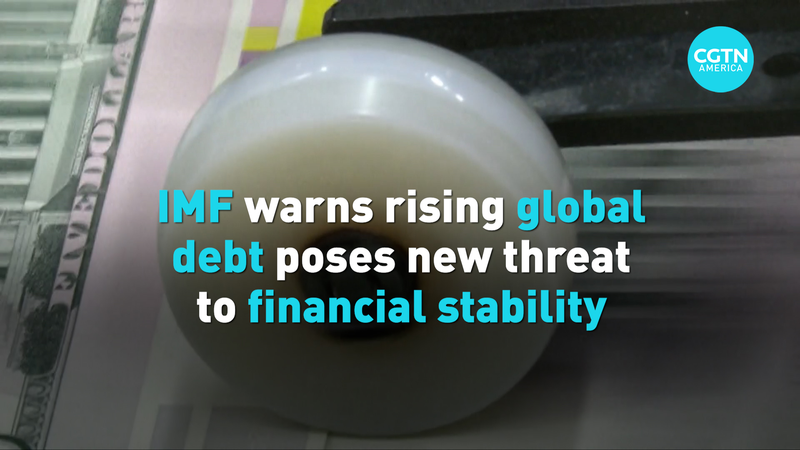At the start of this year’s IMF and World Bank spring meetings in Washington, the International Monetary Fund delivered a stark warning: rising global government debt could threaten financial stability if not tackled swiftly.
Since the COVID-19 pandemic began, public debt across the world surged to record highs—now equivalent to nearly 100% of global GDP. While emergency borrowing helped cushion economies and support livelihoods during lockdowns, IMF officials caution that delaying fiscal consolidation risks exposing countries to higher interest rates, market volatility, and reduced policy flexibility.
Advanced economies, including the United States, carry particularly large debt burdens. The U.S. government’s debt levels have fueled debate among policymakers over sustainable budgets and long-term growth strategies. Meanwhile, several emerging markets face similar strains as they balance recovery spending with the need to rebuild fiscal buffers.
The IMF report calls for a clear roadmap: gradually normalizing public finances, prioritizing growth-friendly reforms, and channeling investments into digital transformation and green initiatives. For young entrepreneurs and investors, this pivot signals opportunities in sectors that drive productivity and sustainability—while highlighting the risks of sudden rate hikes or market disruptions.
As global leaders mull next steps in Washington, the message is clear: managing debt responsibly will be key to safeguarding economic resilience in an increasingly interconnected world.
Reference(s):
IMF warns rising global debt poses new threat to financial stability
cgtn.com



